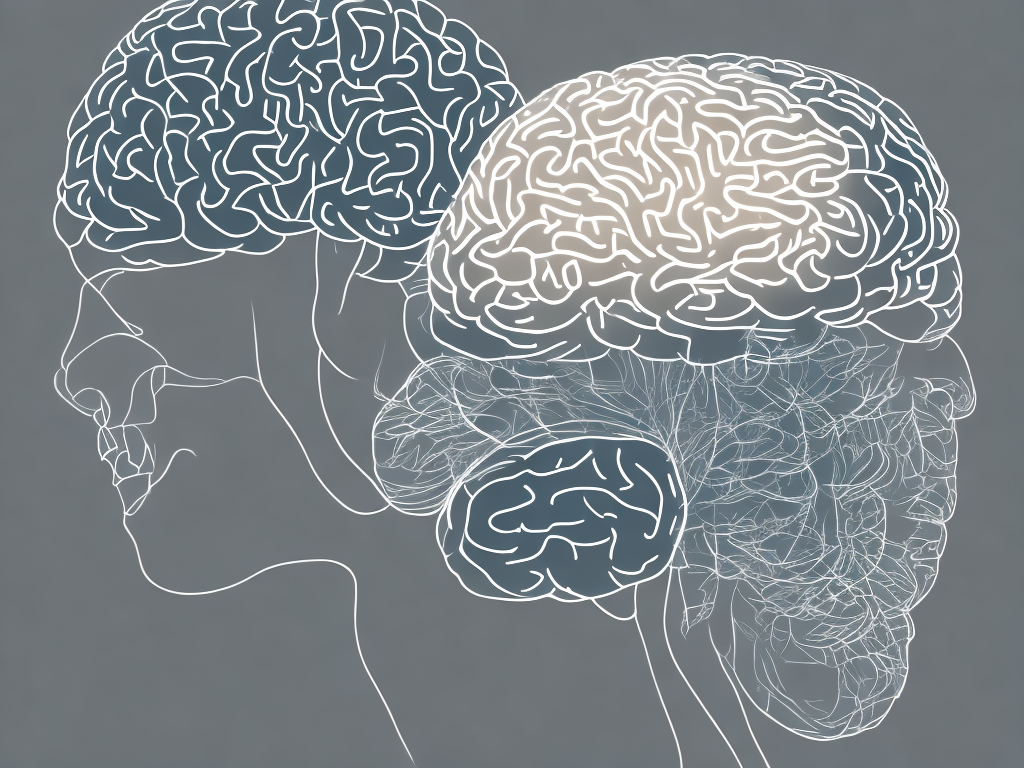
Introduction
The terms "psychiatrist" and "psychologist" are often used interchangeably, but they are not the same thing. While these professions are similar in many ways, the differences between the two are substantial. In this article, we will discuss the differences between a psychologist and a psychiatrist and help you decide which profession might be most beneficial for your needs.
What is a Psychologist?
A psychologist is a mental health professional who specializes in the study of human behavior and mental processes. Psychologists work to understand how people behave, think, and feel, and how they can use this information to help people live happier, healthier lives.
The educational requirements to become a licensed psychologist include a bachelor's degree in psychology from an accredited university, followed by a doctoral degree in psychology. A psychologist must also complete a supervised internship and receive a license from the state in which they practice.
Psychologists diagnose and treat mental health conditions using therapy and counseling techniques, such as cognitive behavioral therapy (CBT), psychoanalysis, and behavioral therapy. They help their clients identify and cope with emotional and mental health issues, such as depression, anxiety, and stress.
What is a Psychiatrist?
A psychiatrist is also a mental health professional, but one who is trained as a medical doctor specializing in psychiatry. Psychiatrists hold a medical degree and are licensed to practice medicine. They diagnose and treat mental health disorders by prescribing medication and other therapies.
In addition to their medical training, psychiatrists receive specialized training in psychiatry during their residency. This training focuses on the diagnosis and treatment of mental health conditions, as well as the use of psychotherapy and counseling.
Psychiatrists use a wide range of treatment methods to help their clients, including medication, psychotherapy, and counseling. They work with patients who have a wide range of mental health conditions, including anxiety disorders, mood disorders, and personality disorders.
Differences Between Psychologists and Psychiatrists
One of the main differences between psychologists and psychiatrists is their education and training. Psychologists typically have a doctoral degree in psychology, while psychiatrists hold a medical degree and specialty training in psychiatric medicine. Psychiatrists are also licensed to practice medicine, while psychologists are licensed to practice psychology.
Another difference between these two professions is their approach to treatment. Psychologists tend to focus on therapy and counseling techniques to help patients overcome their mental health difficulties. They use talk therapy and other psychological treatments like CBT to help patients develop better coping mechanisms, manage their behaviors, and improve their overall wellbeing.
In contrast, psychiatrists use medication and other medical treatments to treat mental health disorders. They often work in consultation with therapists or other healthcare professionals to develop an individualized treatment plan for patients. Medications prescribed by psychiatrists can alleviate symptoms of anxiety, depression, and other mental health conditions and help patients manage their symptoms so they can engage in therapy.
Another significant difference between psychologists and psychiatrists is their area of specialization. While some psychologists specialize in particular areas, such as educational or sports psychology, psychiatrists specialize in the diagnosis and treatment of mental health disorders.
Which One is Right for You?
If you are struggling with a mental health issue, deciding which type of professional to seek help from can be overwhelming. The best choice for you ultimately depends on your individual needs, preferences, and circumstances. Here are some considerations to keep in mind when deciding whether to seek help from a psychologist or a psychiatrist.
Consider Your Symptoms
The type and severity of your mental health symptoms can be an important factor in deciding whether to see a psychologist or a psychiatrist. If your symptoms are mild to moderate and you are willing to engage in therapy, a psychologist may be a good choice. If your symptoms are more severe or accompanied by physical symptoms, a psychiatrist may be more appropriate.
Consider Your Preferences
Your personal preferences and beliefs can also play a role in deciding whether to see a psychologist or a psychiatrist. If you have a strong preference for non-medical treatments like therapy, a psychologist may be a better fit. If you are open to medication-based treatments or have already tried psychological treatments without success, a psychiatrist may be a better option.
Consider Your Healthcare Coverage
Another important factor to consider is your healthcare coverage. Not all insurance plans cover mental health treatment, and coverage for psychologists and psychiatrists may vary between plans. Be sure to check your insurance coverage before choosing a mental health professional.
Conclusion
While both psychologists and psychiatrists are trained professionals who can help individuals struggling with mental health conditions, there are significant differences between the two professions. Psychologists focus on therapy and counseling, while psychiatrists use medication and other medical treatments to treat mental health disorders. The choice between a psychologist and psychiatrist ultimately depends on the individual's symptoms, preferences, and circumstances. Regardless of the approach taken in treating mental health issues, the ultimate goal is to achieve better mental health and improve quality of life.
 Self-Instruct
Self-Instruct